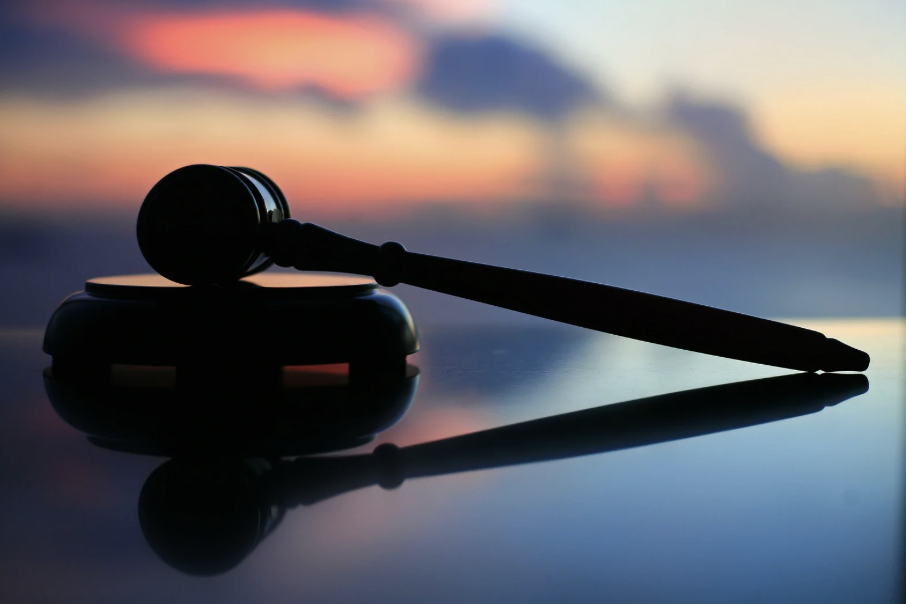Federal Judge Orders Release of DOJ Records Related to January 6 Investigation
On September 25, 2024, a pivotal ruling emerged from Washington, D.C., where a federal judge mandated the Department of Justice (DOJ) to unveil previously undisclosed records connected to its investigation of the January 6 Capitol attack. This decision was prompted by a lawsuit filed by advocates for transparency intending to gain insight into the DOJ’s decision-making processes during this consequential high-profile investigation. The ruling underscores the ongoing discourse surrounding government accountability and public access to information.
Judge Eleanor Martinez’s Ruling
Judge Eleanor Martinez presided over the case and emphasized the significant public interest in gaining clarity around the DOJ’s actions during the January 6 investigation. In her judgment, she articulated that “accountability and transparency are essential to restoring public trust in our institutions.” This ruling aims to balance the needs of the public for information against the government’s assertions of privilege affecting ongoing investigations.
Reactions from Civil Liberties Advocates
The reaction to Judge Martinez’s ruling has been predominantly positive among civil liberties groups and advocates for governmental accountability. Jamal Wright, director of the Government Accountability Project, expressed that the ruling represents a crucial win for democracy, allowing the public to scrutinize the justice process that unfolded following one of the most tumultuous days in recent American history. These advocates argue that such transparency is essential for the health of democratic institutions.
Concerns Raised by the DOJ
In light of the ruling, the DOJ has expressed apprehensions regarding the potential repercussions on ongoing prosecutions stemming from the January 6 incident. The department has indicated its intention to comply with the court’s order while contemplating an appeal. The DOJ’s stance raises questions about the delicate balance between upholding transparency and ensuring that legal proceedings are not adversely impacted by premature public disclosure of evidence and internal communications.
Legal Ramifications and Future Implications
The implications of Judge Martinez’s ruling extend well beyond this individual case, as it has the potential to set a significant precedent for public access to government records, particularly in the context of high-profile investigations. Legal experts have posited that the release of documents associated with the January 6 probe may influence public perception and political discourse as the nation approaches the 2024 election. It could also reshape how other governmental entities consider transparency in their operations.
The Broader Context of January 6 Investigations
The January 6 Capitol attack has become a focal point for discussions regarding democracy, accountability, and governance in the United States. The events of that day not only led to a significant political crisis but have also prompted ongoing investigations at multiple levels of government, including congressional inquiries and law enforcement actions. The release of DOJ documents may provide further insights into how these investigations are shaped and the decisions made by officials in the aftermath of the attack.
Conclusion
In summary, the recent ruling by Judge Eleanor Martinez signaling the release of DOJ records tied to the January 6 investigation marks a notable moment in the pursuit of governmental transparency and accountability. As various stakeholders, including civil liberties advocates and governmental agencies, navigate the aftermath of this ruling, the implications are poised to reverberate throughout the political landscape leading into the 2024 elections. The conversation surrounding transparency and public access to information is likely to remain a critical issue in the coming months.
FAQs
What did the ruling by Judge Martinez entail?
Judge Martinez ordered the DOJ to release previously undisclosed records related to its investigation of the January 6 Capitol attack, emphasizing the public interest in understanding the investigation.
Why are civil liberties groups supporting this ruling?
Civil liberties groups view the ruling as crucial for government accountability, allowing the public to scrutinize the justice process that followed the Capitol attack.
What concerns does the DOJ have regarding the ruling?
The DOJ has expressed concerns about the potential impact of releasing records on ongoing prosecutions, stating that they are considering an appeal while complying with the ruling.
What are the implications of this ruling for future transparency issues?
This ruling could establish a precedent for public access to government records in high-profile investigations, significantly influencing political and legal discussions as the nation approaches the 2024 election.
How might this ruling affect public perception of the January 6 incident?
The release of documents from the DOJ is likely to provide further insights into the investigation and decision-making processes, potentially altering public perception and political discourse surrounding the events of January 6.

